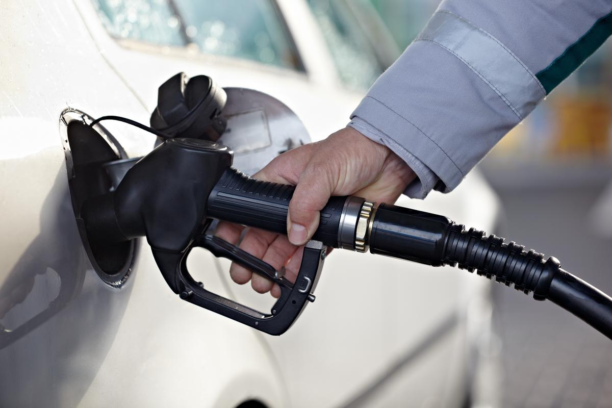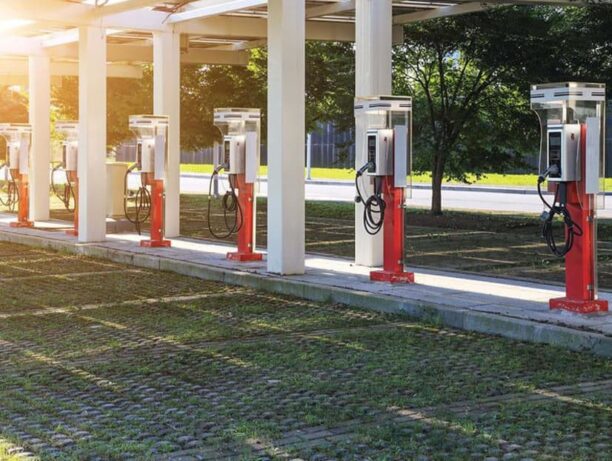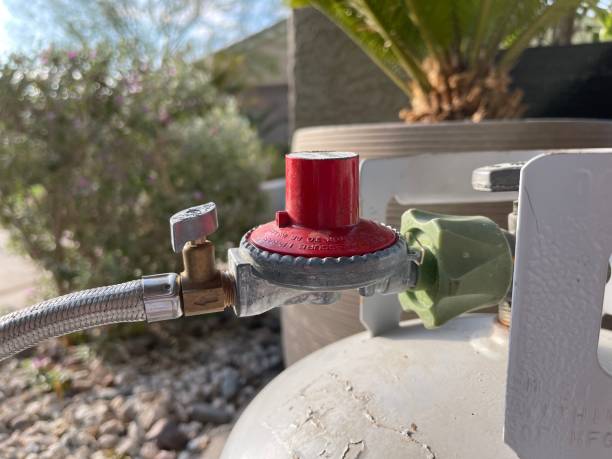The Promise of Renewable Propane: A Sustainable Energy Future
Renewable propane is reshaping the energy sector by offering a sustainable alternative to traditional fuels. This clean energy source is produced from renewable feedstocks, such as plant oils, animal fats, and used cooking oil, making it a low-carbon option that significantly reduces greenhouse gas emissions. Production and Benefits Renewable propane leverages the many existing benefits… Continue reading The Promise of Renewable Propane: A Sustainable Energy Future






